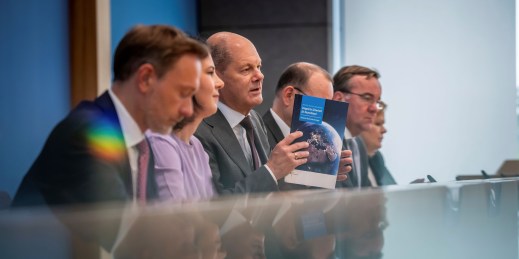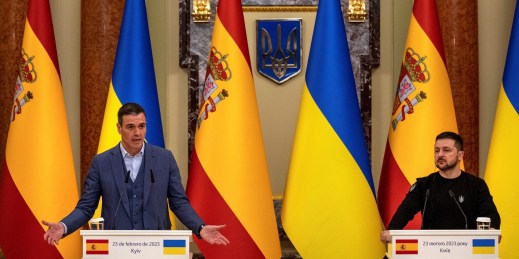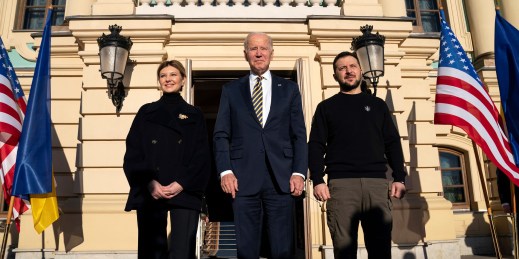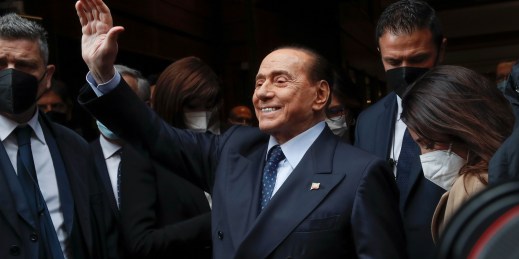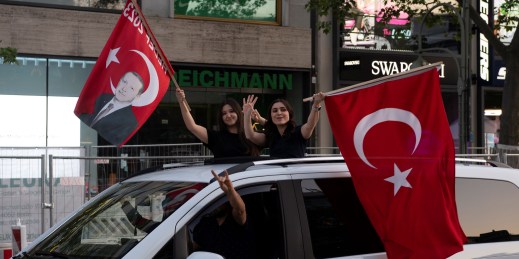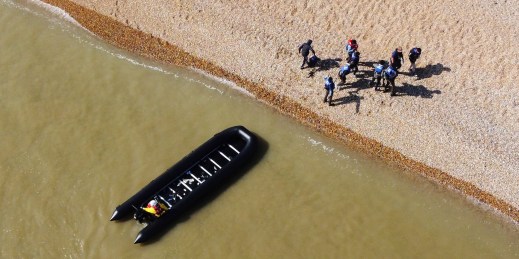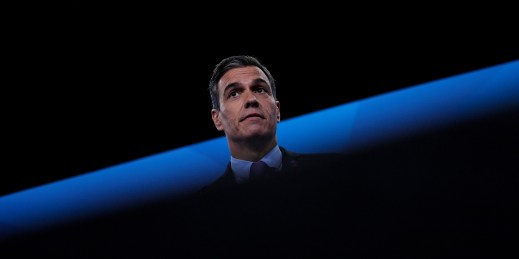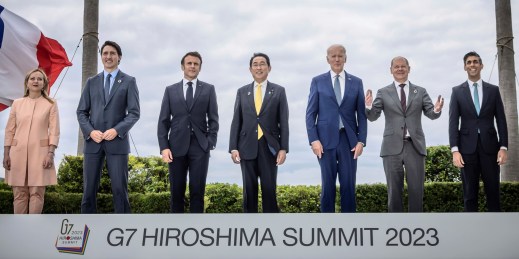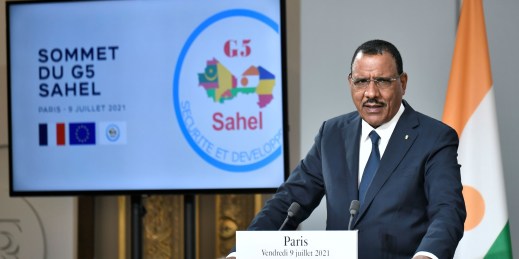
Two factors will have significant implications for the future of France’s military intervention in the Sahel and the region’s fight against violent Islamist extremists: Niger’s emerging role as the linchpin of France’s reconfigured strategy and the diplomatic tensions that have emerged in recent years between Niger and Mali.

